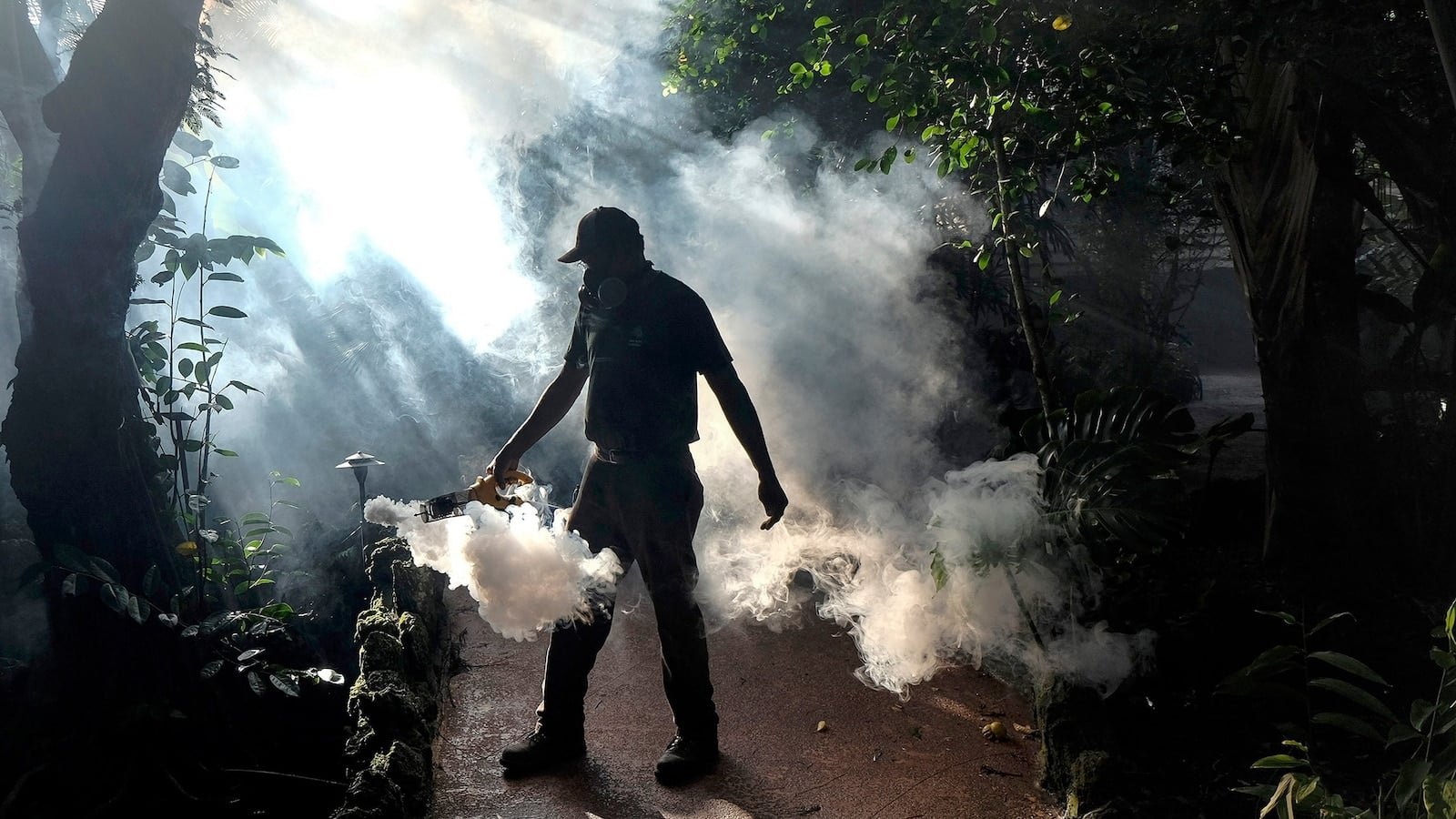The Supreme Court to decide whether the Oklahoma Religious Charter School is constitutional

A Catholic School in Oklahoma asked the Supreme Court to clean the road to become the first religious charter school funded directly by a taxpayer.
Oral arguments will be heard in the case of a landmark on Wednesday, pitting a claim of religious freedom of efforts to efforts to maintain strict separation from the church and the state.
The judges will weigh whether the first amendment, which prohibits the role of government in building religion while also protecting individual rights to practice religion, meaning that only non -metal organizations can meet the requirements for the Oklahoma Charter School program or whether religious -based groups also meet the requirements.
This case mostly turned to whether the State Charter School meets the definition of “public” schools and, thus, operates as an extension of the state government.
“The claim in this case is not that government schools are permitted to be Catholic or religious. This is a claim that, in Oklahoma, the Charter School is a contractor,” said Rick Garnett, a professor of constitutional law at Notre Dame University.
St. Isidore from Seville Catholic Virtual School, created by the Archdiocese of Oklahoma City and Tulsa Diocese in 2023, believes that state funding for Charter Schools is generally available for organizations that meet the requirements and that the state cannot distinguish based on religion.

The Supreme Court of the US Supreme Court pose for their official photo at the Supreme Court in Washington, DC on October 7, 2022.
Olivier Douulery/AFP Via Getty Images
A series of Supreme Court decisions recently made it clear that the public benefits program funded by taxpayers, from school vouchers to scholarships managed by state, must be the same, even if a person or organization has religious affiliation.
“This is a Supreme Court rule that is quite resolved that once the government opens a program of benefits, it cannot discriminate based on religion,” Garnett said about school arguments.
Oklahoma argues that the charter school is part of the public school system and, under the law of the state, must be “free, open to all, funded by the state, subject to state control, not discriminatory and non -accurate.” Forty -five other states and the federal government have similar guidelines.
The highest court of the state decided last year that religious schools funded by taxpayers would violate the state and the US constitution.
“In Oklahoma, the Charter School Law defines a charter school as a public school, so the case is closed there,” said Rachel Laser, American President United for the separation of the Church and the State.
“This school is carried out by Catholic dioceses in Oklahoma, and they say they will behave as Catholic schools in accordance with the moral codes of the school -Catholic schools, which, are read on the sidelines, means that they will discriminate against children and LGBTQ families,” Laser said.

Attorney General Oklahoma Gentner Drummond spoke during the interview, February 1, 2023, in the city of Oklahoma.
SUE OGOKKI/AP
Attorney General Oklahoma Gentner Drummond, a Republican, said the state supports school choices and access to private religious education, including through the use of tax loans and tuition assistance funded by the state. But in court documents, drummond argues that the charter school is not only a “contractor” that receives benefits.
“They are free, open to all, are subject to anti-discrimination laws, made and funded by the state, and are subject to sustainable government regulations and supervision of the curriculum, testing, and a number of other problems,” the country said in its brief to judges.
The state warns that the decision that supports St. Isidore from the Seville Catholic Virtual School will have a “nationally sweeping consequence”, charter school programs that go up and education of millions of students.
Advocates for schools said they did not allow Catholic schools to receive a school fund charter for religious discrimination.
The decision in this case is expected at the end of June.






